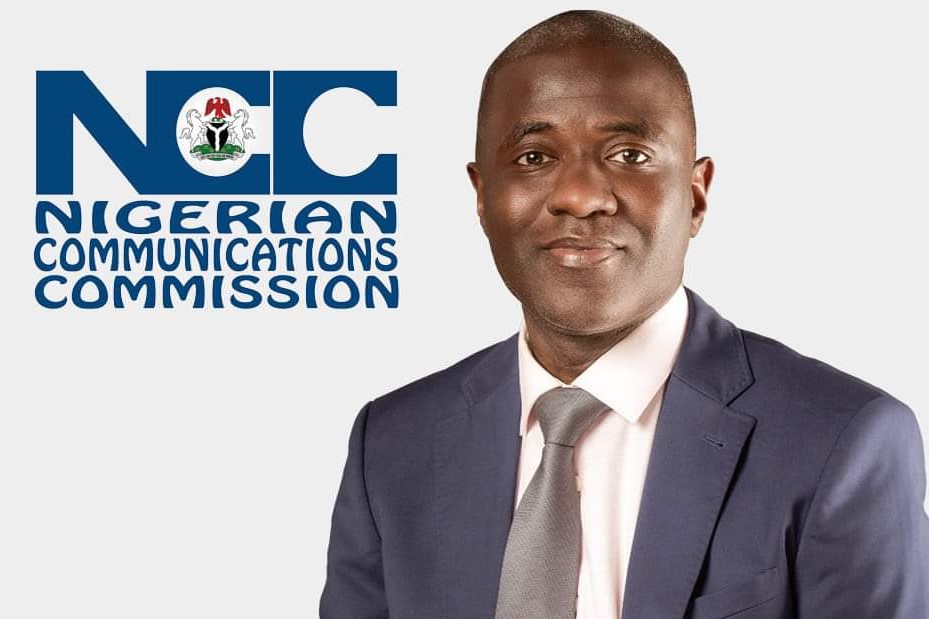The Senate on Thursday confirmed the appointment of Dr. Aminu Maida as the Executive Vice Chairman of the Nigerian Communication Commission, (NCC).
The Chairman of the Senate Committee on Communications, and former Minister of Communications, Senator Ikra Aliyu Bilbis, who submitted the report urged the Senate to consider the request of President Bola Tinubu for the confirmation of Maida for appointment as the country’s Chief Telecom Regulator.
He said the Committee had screened Maida, who had earlier passed all scrutiny by the relevant security agencies in the security governance sector. The lawmaker informed the Senate that Maida possessed the requisite qualifications, professional experience, competence, and regulatory capacity to ensure accelerated development of the nation’s telecommunications sector.
He urged the Senate to approve the nomination of Maida by the President.
Consequently, the Senate proceeded to confirm the appointment of the President’s nominee through a voice vote to serve a five-year term in office, subject to renewal by the President.
Earlier at his screening by the Senate Committee, Maida responded to questions related to his insights into the industry, qualifications, experience, suitability, and competence to manage the nation’s telecom regulatory sector, and was variously described by members as the round peg in a round hole.
Maida told the committee that his top priorities are to improve coverage and connectivity by bridging access gaps between rural and urban communities through increased broadband infrastructure as well as increasing the quality service (QoS) and quality of experience (QoE) for the consumers to enable them to get value for.
He also stated that, under his stewardship, he would ensure that the Commission’s licensees numbering over 8,000 across different segments of the sector, are made to adhere strictly to their Service Level Agreements (SLAs) with their consumers in terms of service delivery.
Maida promised that he would create a more conducive environment for investment in the sector and work with the dynamic team at the NCC to “re-think” how the Universal Service Provision Fund (USPF) would be better leveraged to bridge the extant digital divide in the country.
In addition, the industry expert promised to prioritise inter-agency collaboration towards achieving the current blueprint for the digital economy sector, just as he said that the ongoing review of the NCA 2003 would lead to greater innovation for improving the performance of the sector and solicited the support of the National Assembly to succeed.
This is even as he assured his commitment towards aligning regulatory activities with the Strategic Plan of the Ministry of Communications, Innovations and Digital Economy, developed to accelerate the actualisation of the Renewed Hope Agenda of the Federal Government.






